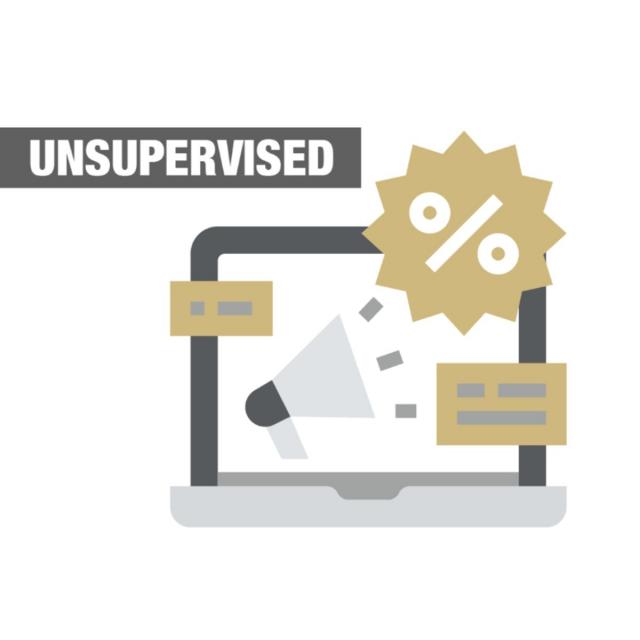MOOC List is learner-supported. When you buy through links on our site, we may earn an affiliate commission.

MOOC List is learner-supported. When you buy through links on our site, we may earn an affiliate commission.
This course uses Jupyter Notebooks and the coding environment Google Colab, a browser-based Jupyter notebook environment. Files are stored in Google Drive.
This course can be taken for academic credit as part of CU Boulder’s Master of Science in Data Science (MS-DS) degree offered on the Coursera platform. The MS-DS is an interdisciplinary degree that brings together faculty from CU Boulder’s departments of Applied Mathematics, Computer Science, Information Science, and others. With performance-based admissions and no application process, the MS-DS is ideal for individuals with a broad range of undergraduate education and/or professional experience in computer science, information science, mathematics, and statistics.
Course 2 of 3 in the Text Marketing Analytics Specialization.
What You Will Learn
- Describe the concept of topic modeling and related terminology (e.g., unsupervised machine learning)
- Apply topic modeling to marketing data via a peer-graded project
- Apply topic modeling to a variety of popular marketing use cases via homework assignments
- Evaluate, tune and improve the performance the topic model you create for your project
Syllabus
WEEK 1
What is topic modeling?
In this module, we will cover the fundamental concepts of topic modeling, also known as unsupervised machine learning on unstructured text documents. We will contrast unsupervised methods to supervised ones and survey common applications of topic modeling.
WEEK 2
The Assumptions of a Topic Model, Bag of Words, and Natural Language Processing
In this module, we will go under the hood inside a topic modeling approach and understand what assumptions drive topic model fit. We will also uncover how bag-of-words approaches to topic modeling work, and the natural language processing required to produce meaningful topic modeling features.
WEEK 3
Prepping Amazon Review Data
In this module, we will cover how to parse through JSON-like data and segment it to create a corpus that is ready for the topic modeling process. We will cover how the data for your project is structured and its taxonomy.
WEEK 4
Pre-Processing Text and Training a Topic Model
In this module, we will take Amazon review data and load it into a corpus to preprocess it. We will cover how to build topic models from the data and also save those topic models.
WEEK 5
Topic Modeling Evaluation, Classification, and Neural Network Approaches
In this module, we will learn how to evaluate the fit of topic models and use the best topic model to classify documents. We will also cover how to build topic models with pre-trained neural networks.
MOOC List is learner-supported. When you buy through links on our site, we may earn an affiliate commission.
MOOC List is learner-supported. When you buy through links on our site, we may earn an affiliate commission.
